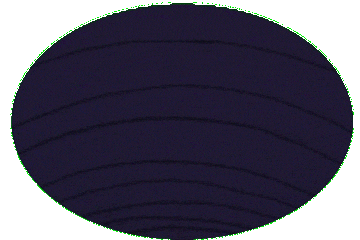Isle of Wight
The Isle of Wight ( WYTE) is an island off the south coast of England which, together with its surrounding uninhabited islets and skerries, is also a ceremonial county. The county is bordered by Hampshire across the Solent strait to the north, and is otherwise surrounded by the English Channel. Its largest settlement is Ryde, and the administrative centre is Newport. The Isle of Wight has a land area of 380 km2 (150 sq mi) and had a population of 140,794 in 2022, making it the largest and second-most populous English island. The island is largely rural, with the largest settlements primarily on the coast. These include Ryde in the north-east, Shanklin and Sandown in the south-east, and the large villages of Totland and Freshwater in the west. Newport is located inland at the point at which the River Medina broadens into its estuary, and Cowes and East Cowes flank the estuary on the northern coast. For local government purposes the island is a unitary authority area. It was historically part of Hampshire. The island is known for its mild climate, coastal scenery, and verdant landscape of fields, downland, and chines. It is said to be the sunniest place of Great Britain. It has been designated a UNESCO Biosphere Reserve. The distance between the Isle of Wight and mainland Great Britain is between 2 and 5 miles (3 and 8 kilometres). The island also contains dinosaur fossils. The island has played an essential part in the defence of the ports of Southampton and Portsmouth and has been near the front line of conflicts through the ages, having faced the Spanish Armada and weathered the Battle of Britain. From the Victorian era significant urban development took place as the island developed into a tourist destination; it was home to the poets Algernon Charles Swinburne and Alfred, Lord Tennyson, and Queen Victoria built her summer residence and final home, Osborne House, at East Cowes. It has a maritime and industrial tradition of boat-building, sail-making, the manufacture of flying boats, hovercraft, and Britain's space rockets. The island hosts annual music festivals, including the Isle of Wight Festival, which in 1970 was the largest rock music event ever held.
This article uses material from the Wikipedia article "Isle of Wight", which is released under the Creative Commons Attribution-Share-Alike License 3.0.
References
| Title | Summary | |
|---|---|---|
| Colin Richardson's 1978 Interview with Harry Nilsson | ... went out to meet Ringo on the Isle of Wight when we ... | |












